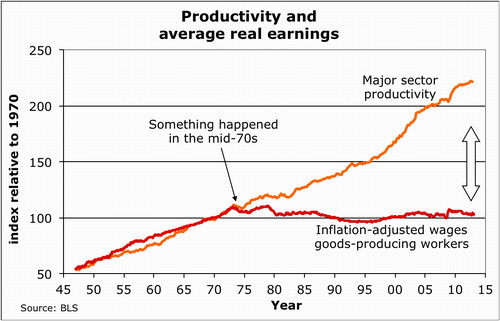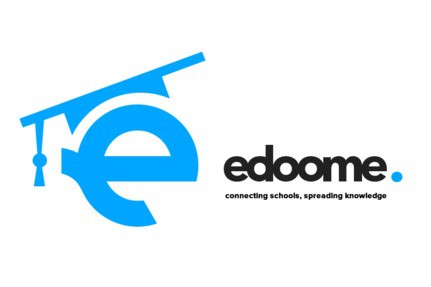Don’t be lazy. Read the entire post. But if you must, here’s a summary.
Income and wealth inequality have increased massively since the 1970s. Productivity was decoupled from wage growth. Most people think the middle class is getting destroyed. But in reality, while the top 10% have left behind the bottom 90%, the top 1% have left behind the 10% and the .01% have left behind the top 1% and the top .001%, or about 400 families, have left behind the top .01%
New technology since the 70s allows for unprecedented wealth accumulation via siren servers and network effects in finance and tech. Government policy, especially tax policy, but also super low interest rates put the inequality created by technology on steroids.
Uber is an example of a winner take all tech play that clearly makes peoples’ lives better in the short and medium term. Uber is in a winner take all (or most) industry, which means it’ll kill the competition and then send its ever increasing 10-30% commission to Bermuda via Ireland via the Netherlands and Ireland again into the hands of a its cofounders and early investors and out of the local economy. It makes a bell curve shaped industry into a winner take all. And when (not if) self driving cars happen, Uber or potentially Telsa will eliminate the drivers and take 100% of the transportation money out of the local economy.
Consequences: super rich no longer interact with the rest of us, leading to loss of empathy, making it easy to write out of touch Paul Graham style blog posts and justify the existence of inequality. This justification leads to Latin America style banana republics like the ones I’ve lived in for the past five years. I’m not anxious for this to happen in the US. We can make changes, but it’ll be hard.
Read the entire post here.



